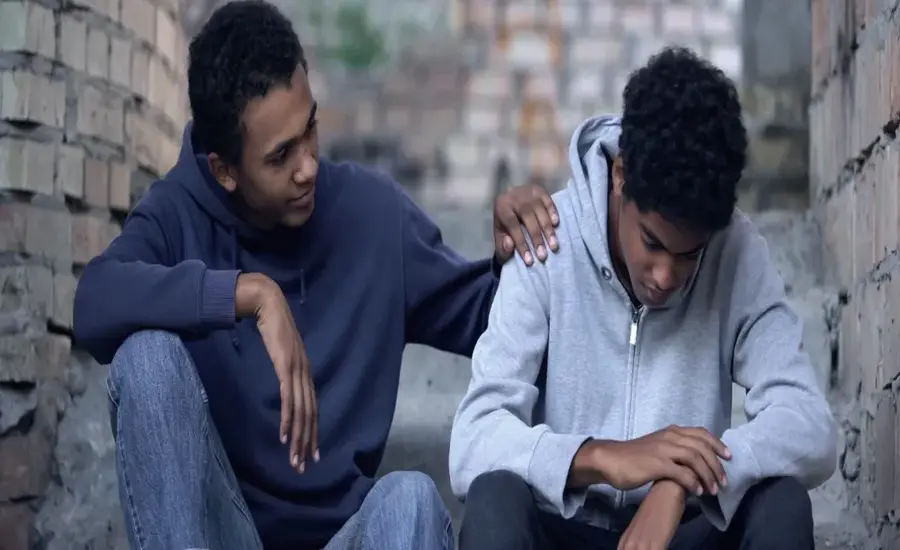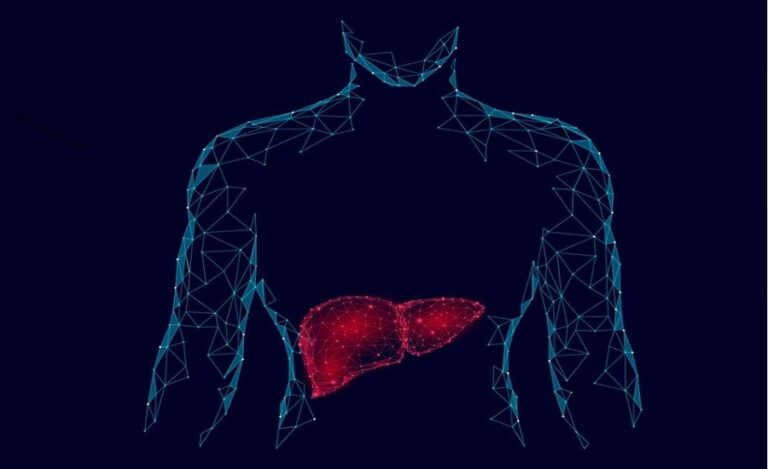The Mental Health Crisis Among Youth
The mental health crisis among today’s youth has reached alarming levels. From 2007 to 2021, the suicide rate among individuals aged 10 to 24 surged by 62%, and in 2021, over 42% of high school students reported feeling persistently sad or hopeless, according to the CDC. These statistics reflect a deepening crisis that begs the question: what is happening to our young people?
The Role of Social Media
Many point fingers at social media, noting the parallel rise in its popularity and youth suicide rates. Social media platforms can expose teens to unattainable beauty ideals, cyberbullying, and an onslaught of negativity. But while these issues are concerning, research has yet to definitively prove a direct cause-and-effect relationship between social media use and deteriorating mental health.
A Confluence of Contributing Factors
In reality, the mental health struggles of today’s youth are likely due to a confluence of factors. Academic and peer pressure, bullying, family conflicts, substance abuse, identity issues, low self-esteem, and trauma all contribute to an overwhelming sense of pressure. Adding to this burden is the fact that puberty is starting earlier than ever, bringing with it increased emotional volatility and risk-taking behaviors at a younger age.
The Impact of Loneliness
Loneliness also plays a significant role in this crisis. Despite being more “connected” than ever, many teens feel isolated. Factors like excessive screen time, the impacts of the pandemic, and the distorted reality presented on social media contribute to a widespread sense of loneliness a key predictor of depression and suicidal thoughts.
How Therapy Can Help
So, how can therapy help? Therapy provides teens with a safe, non-judgmental space to express their feelings, develop problem-solving skills, and learn essential coping mechanisms. Adolescence is a critical period of self-discovery, where teens grapple with questions about their identity, future, and values. Having a supportive, unbiased therapist to guide them through this journey can be invaluable. Even if a teen doesn’t feel like they “need” therapy, it can be a powerful tool for building resilience, improving relationships, and enhancing overall life satisfaction.
A Personal Experience with Therapy
On a personal note, I began therapy at 19 to manage anxiety, but it ended up benefiting many other areas of my life, including my relationships and self-confidence. My only regret is not starting sooner. I might have avoided some of the challenges I faced along the way.





